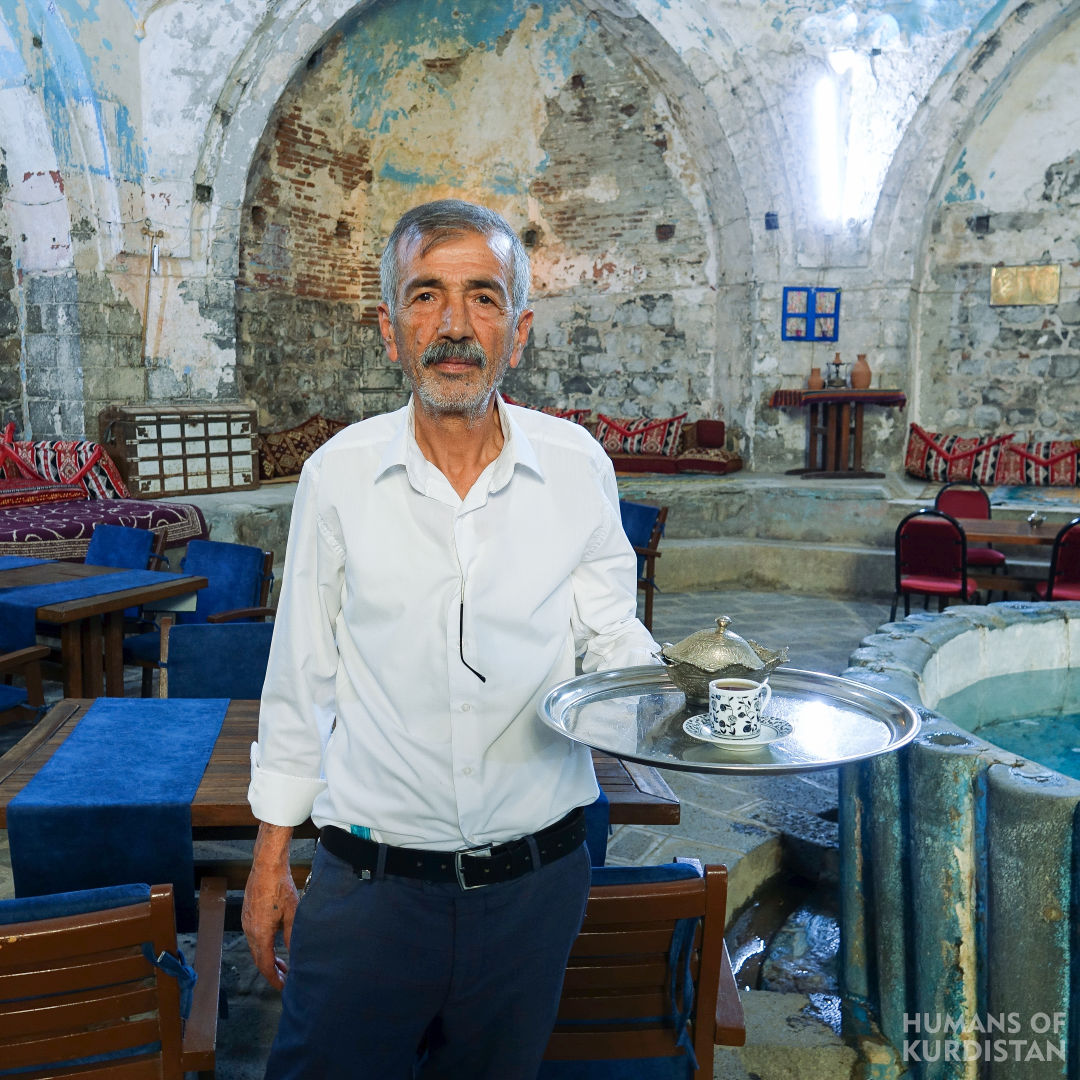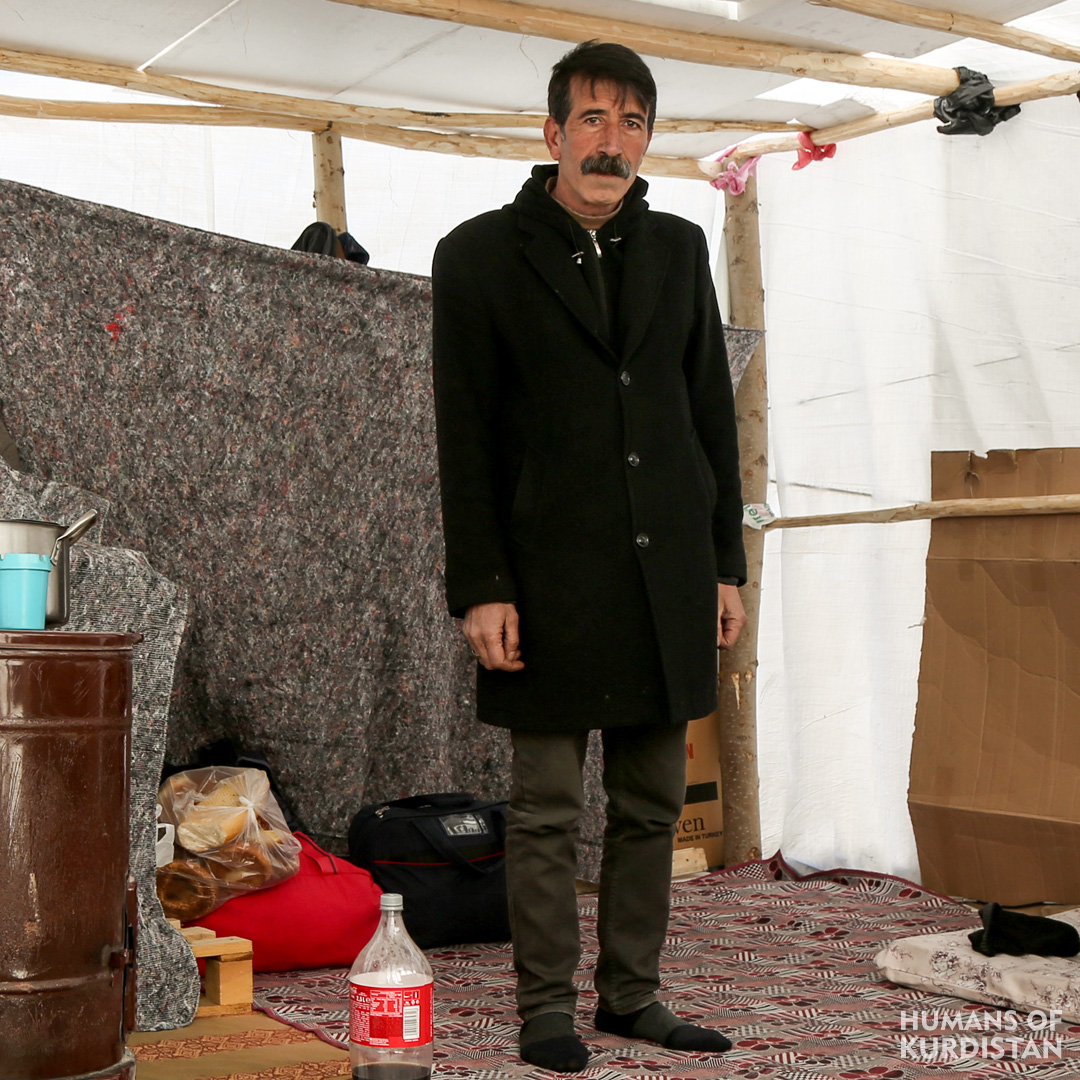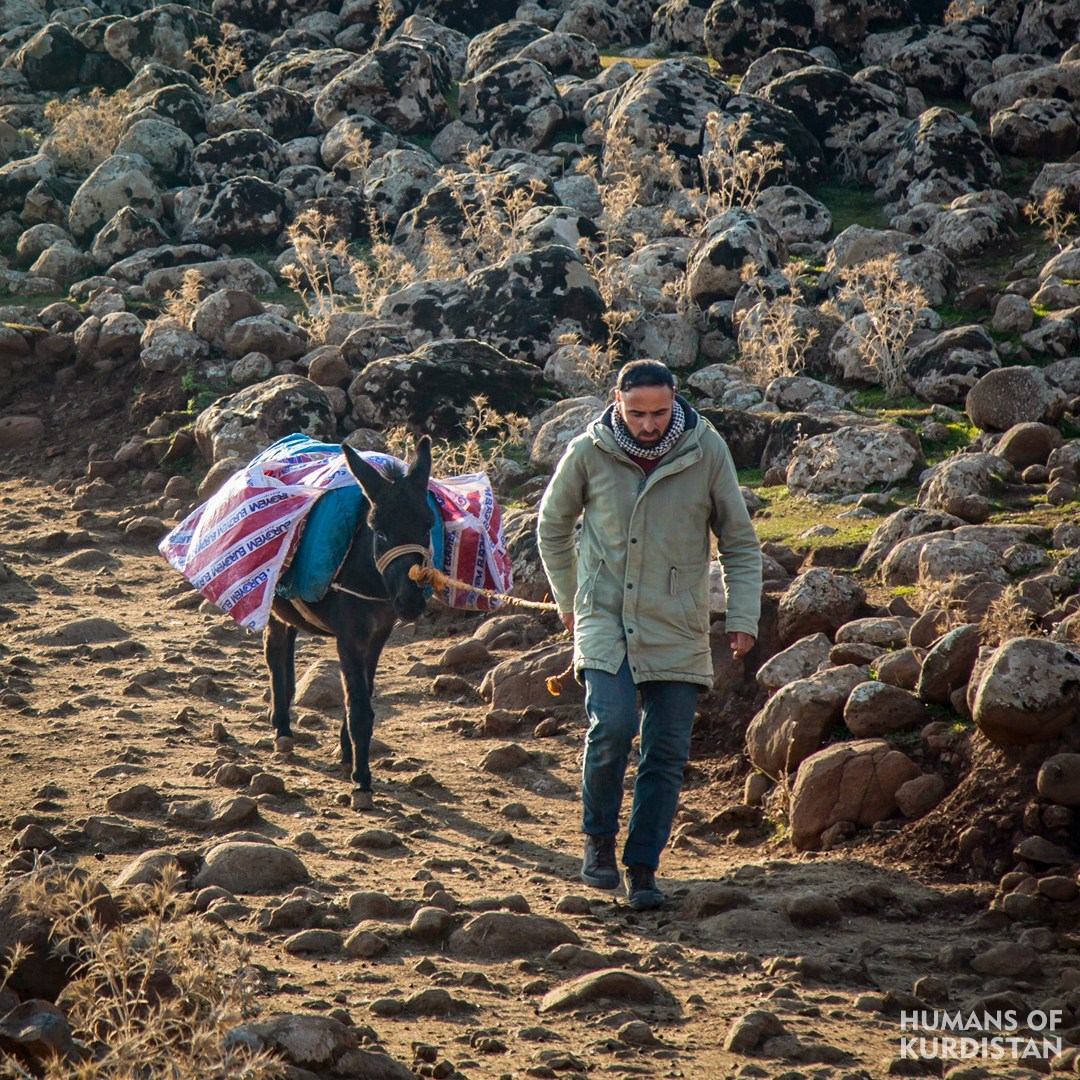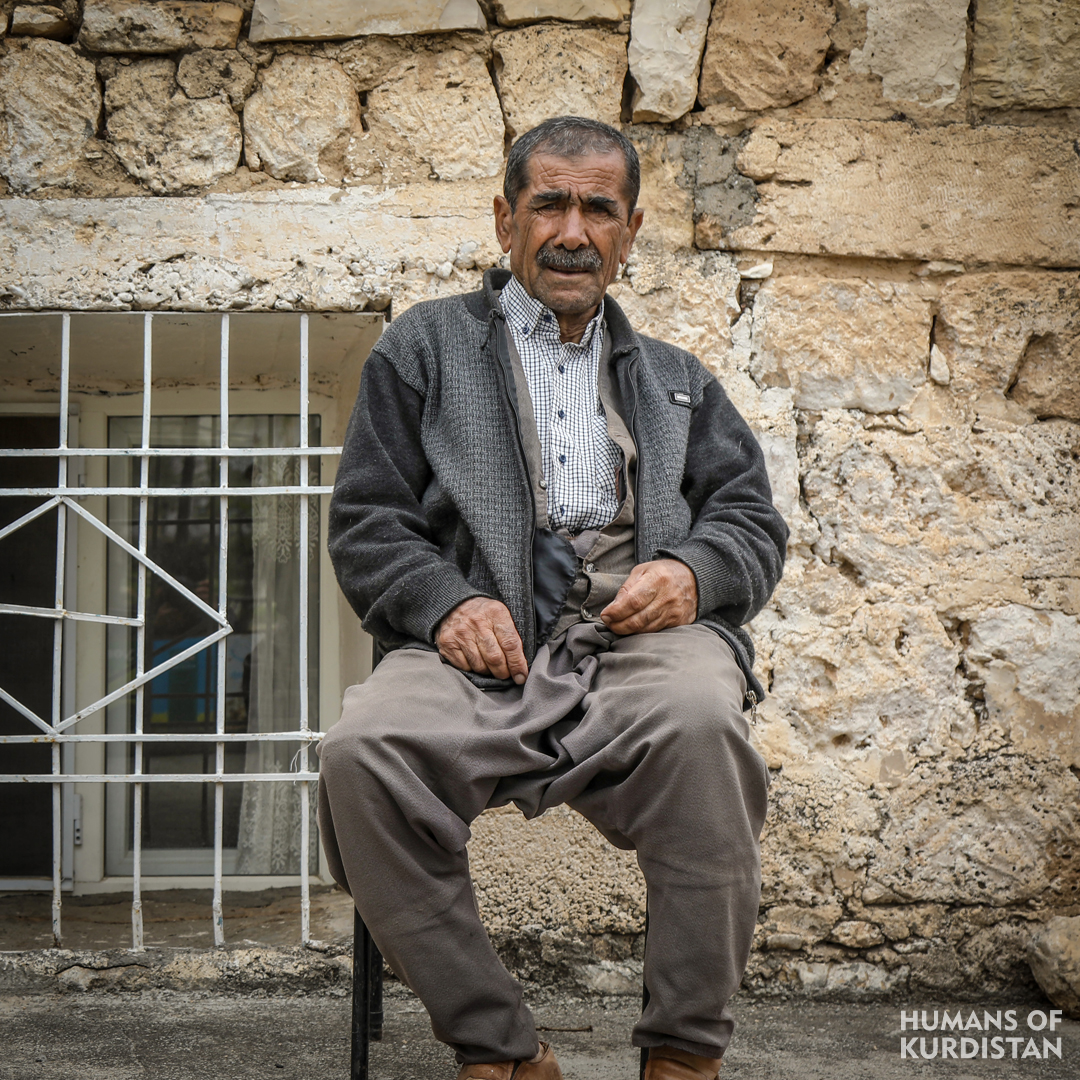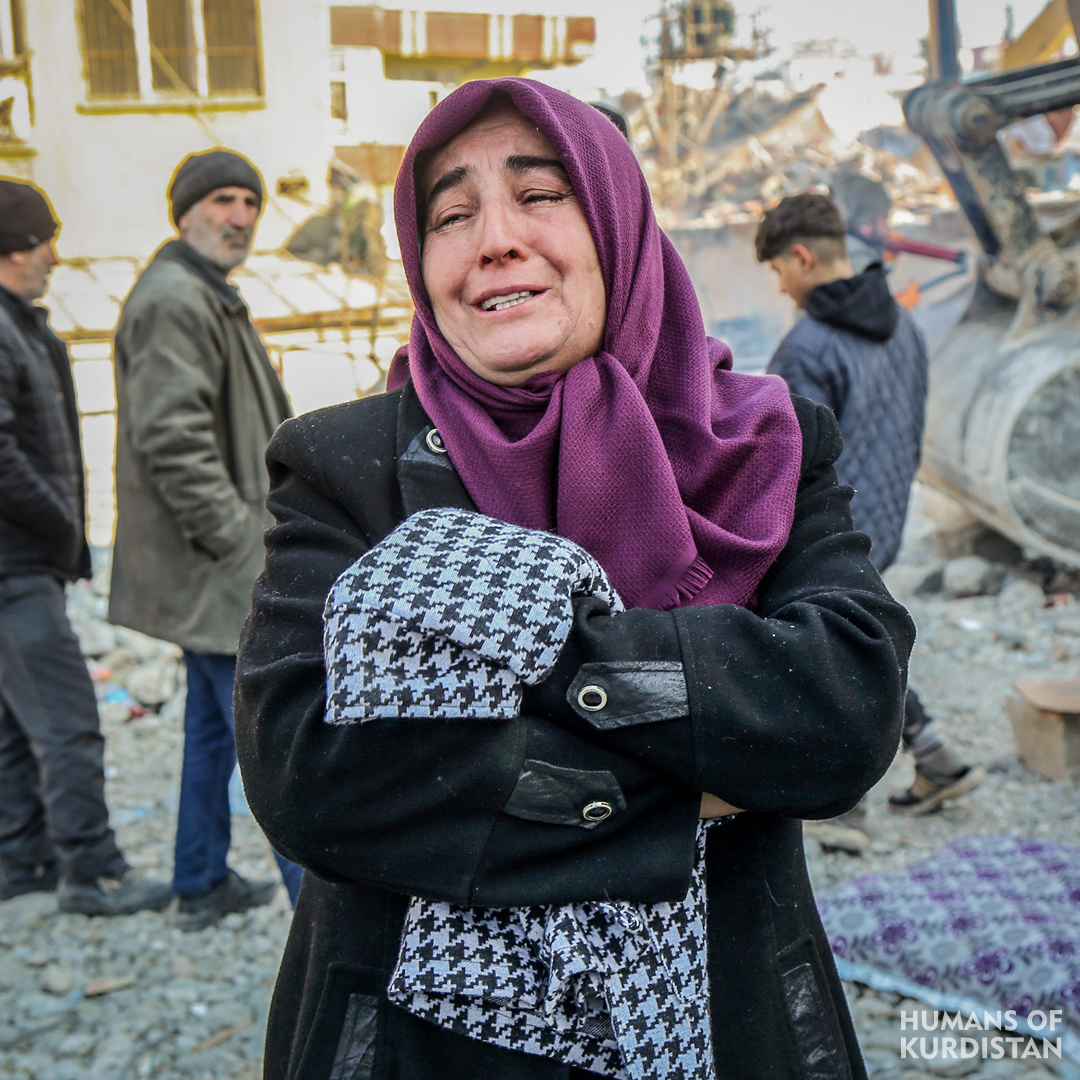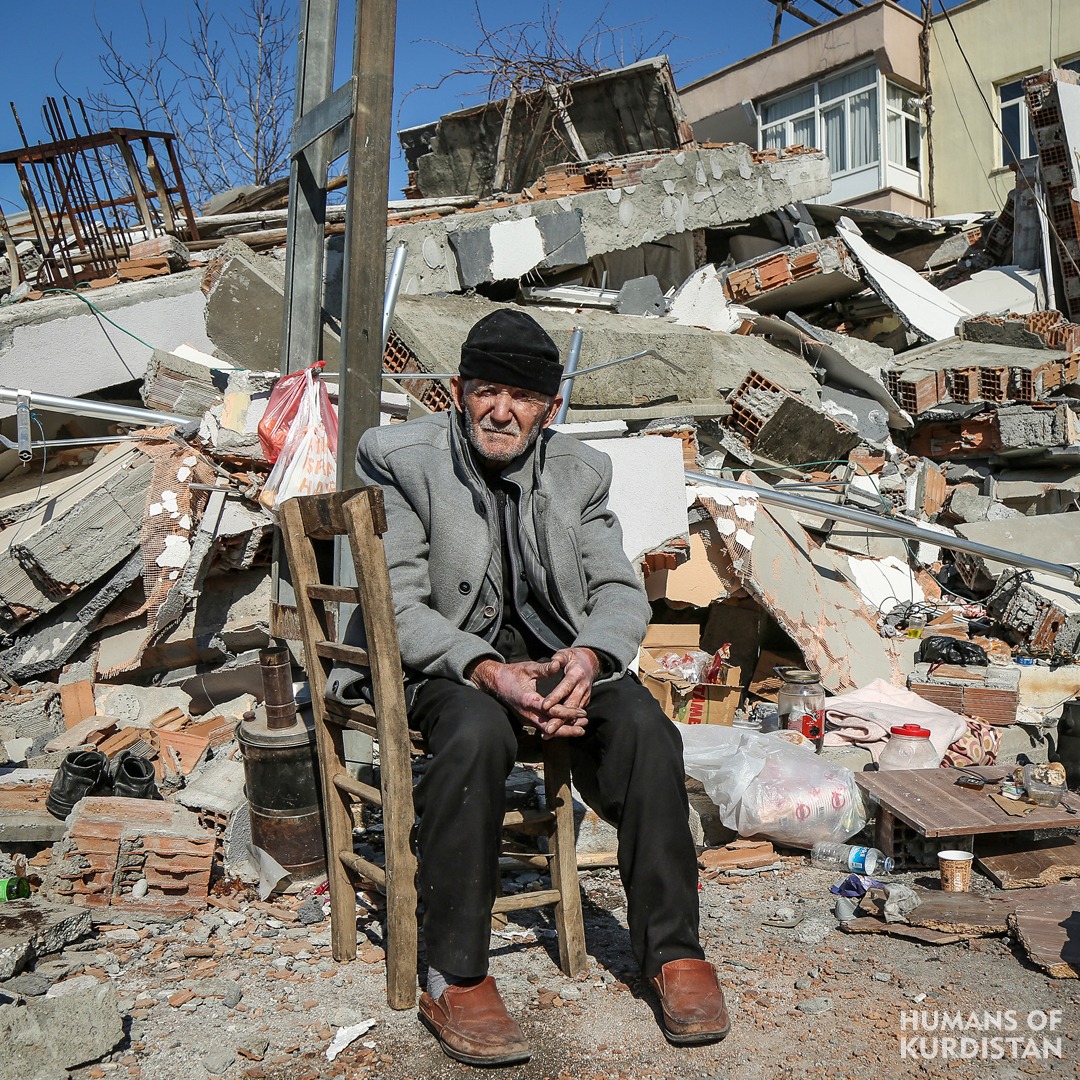06/11/2025
Story of a Kurd from Northern Kurdistan When I was young, I expressed myself through my body and skin—my deq told my story. Each one symbolized something meaningful. I especially loved the image of the sun, so I chose to have a sun-shaped tattoo on my cheek, even though I didn’t fully understand its meaning at the time. Later, I realized the sun symbolizes light and the source of life. In the past, tattooing was very common in Qerezdakh. Men, women, and children all had tattoos. Over time, I learned the art of tattooing, and I now pass it on to young people and children. But the style of tattooing from the past is no longer widespread today—it’s mostly preserved by the older generations. To make the black ink, they used burnt wool (pêteso) mixed with breast milk from women who had daughters. We then chose symbols that reflected our personal desires and tattooed them onto our cheeks, chins, hands, fingers, ankles, arms, and other parts of the body. Within two or three days, the tattoo would leave a deep wound, and as it healed, the image would gradually appear. ...








